"Advanced Science and Technology and Security" Study Group
Four focus areas are highlighted.
ROLES collaborates with the laboratory of Professor Hidenori Watanave of the Interfaculty Initiative in Information Studies and Graduate School of Interdisciplinary Information Studies (III/GSII) to devise and present a new style of research on diplomacy and security that comprehensively grasps and utilizes geospatial information.
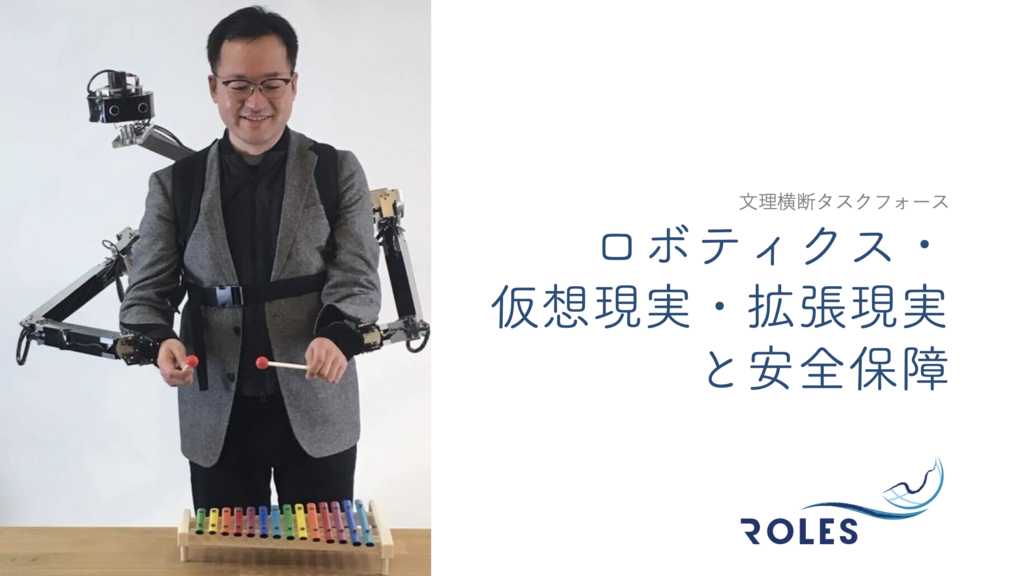
ROLES members are actively engagning with public debates in SNS and interactively making research on the impact of fake news on international security and diplomacy. New tools and technologies of systematically analyzing the information sphere are tested and introduced in cooperation with researchers and engineers in the field of computational social science.
ROLES has co-organized with TRENDS Research & Advisory of Abu Dhabi, UAE a two-day conference "Sustainable Security in 2024 and Beyond − The Role of AI" in September 2024 at the RCAST Campus of the University of Tokyo.
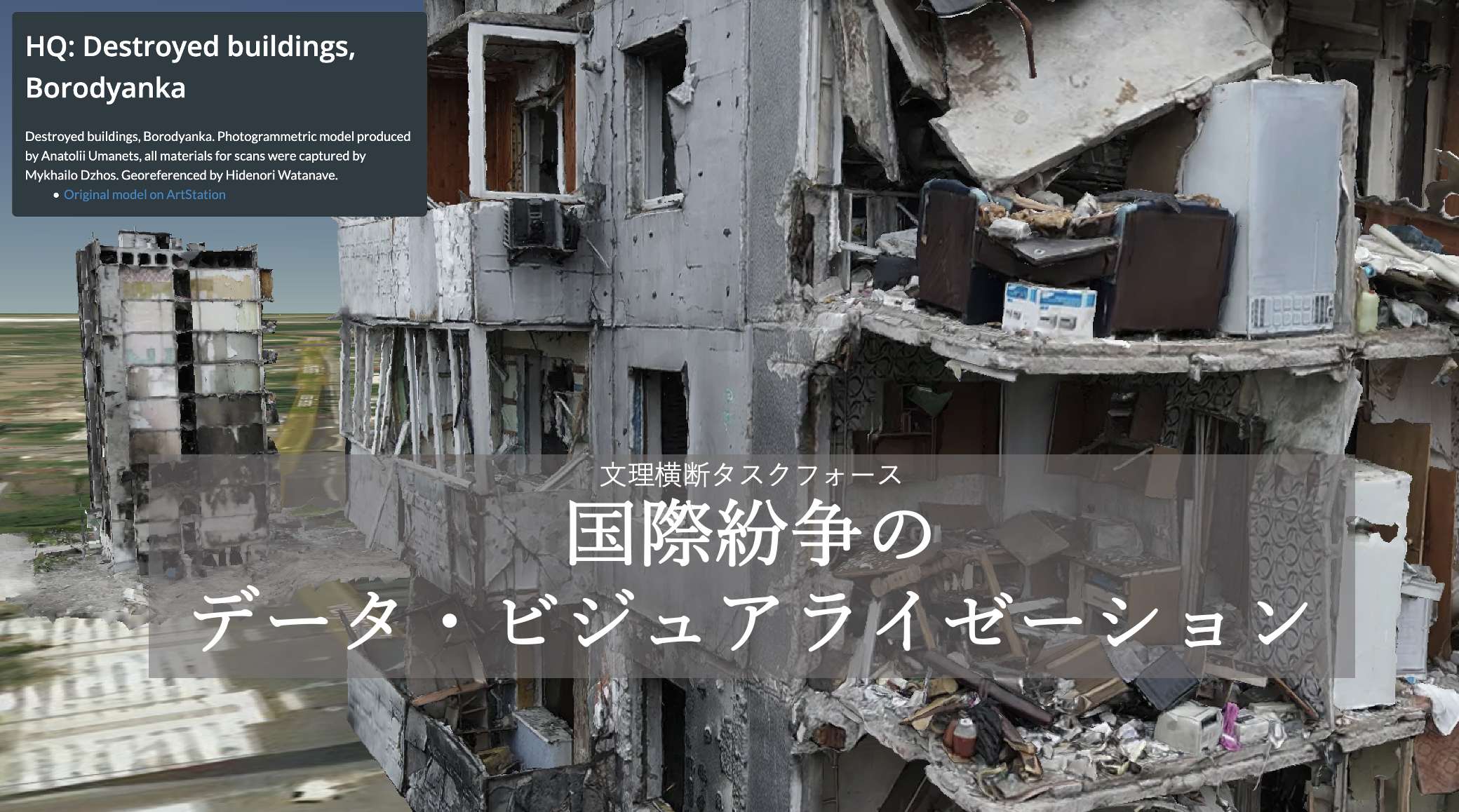
Activity records
2025.12.16 (Tue.)
Event
Symposium
Syposium on the Japan-UAE AI & Space Partnership in Abu Dhabi
2025.11.13 (Thu.)
News
Announcements
The 2nd AI Dialogue by TRENDS Research Advisory
2025.03.31 (Mon.)
Event
Symposium
UTokyo Symposium: Beyond the Headlines: Gaza’s Genocide Through Data, Media, and Technology
2024.09.18 (Wed.)
Event
Symposium
Sustainable Security in 2024 and Beyond − The Role of AI
Members
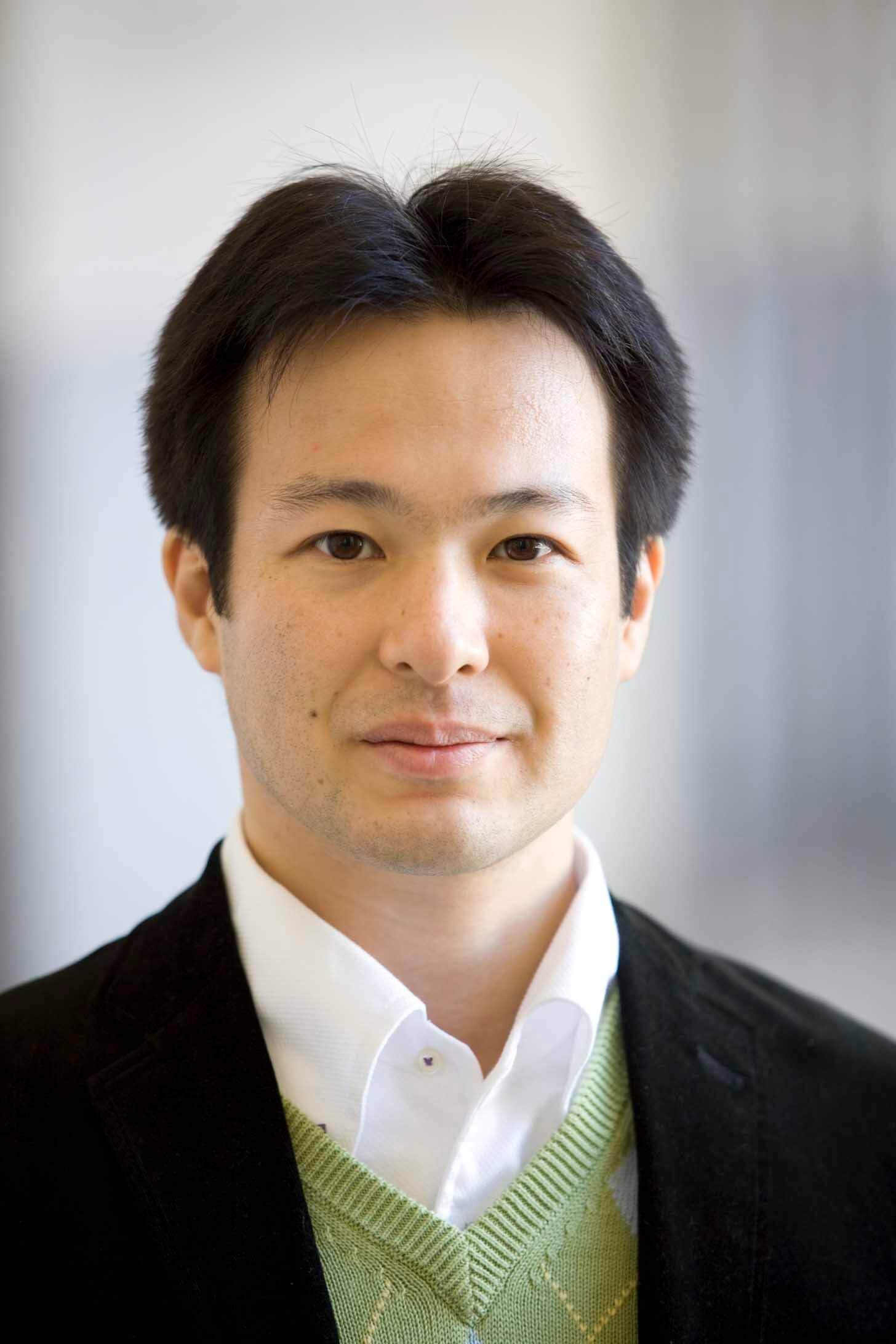
Satoshi IKEUCHI
Satoshi Ikeuchi is Professor of the Division of Religion and Global Security at the Research Center for Advanced Science and Technology (RCAST) of the University of Tokyo. He is the founding head of the RCAST Open Laboratory for Emergence Strategies (ROLES).
For the year 2022-2023, he is Senior Visiting Scholar in Residence at the Moshe Dayan Center (MDC) for Middle Eastern and African Studies of Tel Aviv University.
He is a scholar on Islamic political thought and the Middle East politics. As a leading public intellectual in Japan, he has been vigorously publishing on the Middle East and Islamic affairs.
His first publication based on his doctoral studies, Gendai Arabu-no Shakai Shiso: Shumatsuron-to Isramu-shugi (Contemporary Arab Social Thought: Eschatology and Islamism), was published in 2002 and earned Osaragi Jiro Prize for Critical Works. He also earned Suntory Prize for Social Sciences and Humanities in 2009 for his book Islamu Sekai-no Ronjikata (Methods of Discussing Islam).
His book on the Islamic State Isulamu Koku no Shogeki (The Impact of the Islamic State) published in January 2015 was a nation-wide best seller in Japan and awarded Mainichi Publishing Cultural Prize. His recent publication includes Saikusu Piko Kyotei: Hyakunen no Jubaku (Sykes-Picot Agreement: One Hundred Years of Obsession) in 2016 and Shiiaha to Sunniha (Shite and Sunnite) in 2018 both published from Shinchosha. He is the recipient of the 12th Nakasone Yasuhiro Prize in 2016 for his academic works and social engagements.
His collection of literary essays and book reviews Shomotsu not Unmei (The Fate of Books) published in 2006 and earned Mainichi Book Review Award for the year.
He was a visiting professor at the Alexandria University 2007-2008, Japan Scholar chair visiting scholar at the Woodrow Wilson International Center for Scholars in 2009 and Visiting Fellow at the Clare Hall, University of Cambridge in 2010.
He specializes in Middle East politics and Arab-Islamic Thought, particularly on global Jihadism and its implications for international security.

Yu KOIZUMI
Areas of Expertise:
Russian Military Thought
Russian National Security Policy
Politics and International Relations of the Former Soviet Republics
Defence Technologies
Previously, Yu has held various positions, including Assistant Analyst at Ministry of Foreign Affairs of Japan, Research Fellow at Institute for Future Engineering (IFENG), Research Fellow at the National Diet Library, and also a visiting researcher at the Institute of World Economy and International Relations of the Russian Academy of Sciences (IMEMO RAN).
His publication in Japanese includes (in English translation titles): Russian MIlitary Strategy Today, 2021; The War in Ukraine, 2022; Okhotsk Nuclear Bastion, 2024.
His book "Teikoku" Roshia no Chiseigaku (Geopolitics of Russian "Empire") published in 2019 was awarded Suntory Prize for Social Sciences and Humanities in that year.
Yu has presented and published extensively on national security policies and strategies of Russia and the former Soviet republics, as well as defense technologies.
Yu holds a BA in Social Sciences and a MA in Political Science from Waseda University.
日本
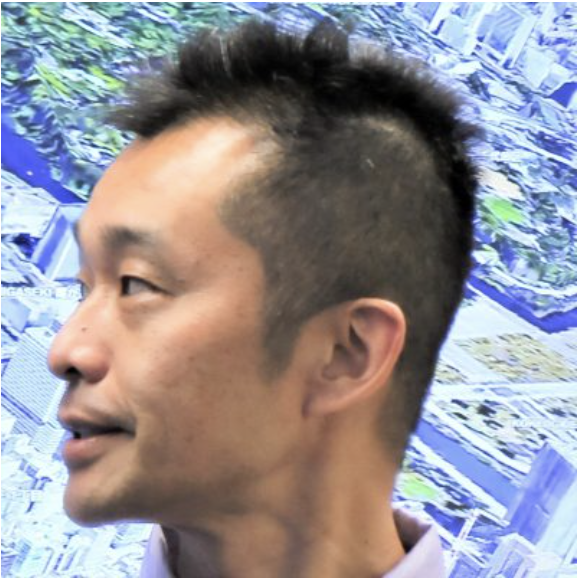
Hidenori WATANAVE
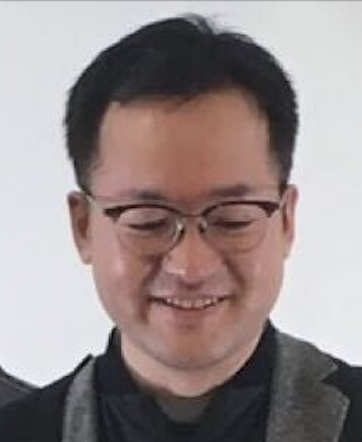
Masahiko INAMI
Masahiko Inami is Professor of Information and Somatics at the Research Center for Advanced Science and Technology (RCAST) of the University of Tokyo. He organized and directed the JIZAI Body project in ERATO that is funded by the Japan Science and Technology Agency (JST). Dr. Inami was appointed as professor at the Department of Information Physics and Computing, Graduate School of Information Science and Technology of the University of Tokyo in 2015, after working at the University of Electro-Communications and Keio University 2008-2015. Dr. Inami took up his current position as professor at the RCAST of the University of Tokyo in 2016.
His interests include body editing technology called "JIZAI", the Augmented Human, and entertainment engineering. He has received several awards, including TIME Magazine’s “Coolest Invention of the Year” award and the Young Scientist Award from the Ministry of Education, Culture, Sports, Science, and Technology (MEXT).
He is also the co-representative of the Superhuman Sports Society, a director of the Information Processing Society of Japan, a director of the Virtual Reality Society of Japan, and a member of the Science Council of Japan. His latest book is called “Theory of JIZAI Body" (Springer, 2024).
He is concurrently teaching as Professor at Ochanomizu University since 2023 and has been Guest Professor at the Graduate School of Media Design of Keio University since 2015.
He is a senior associate member of the ROLES project in Research Group on Advanced Science/Technology and Security."
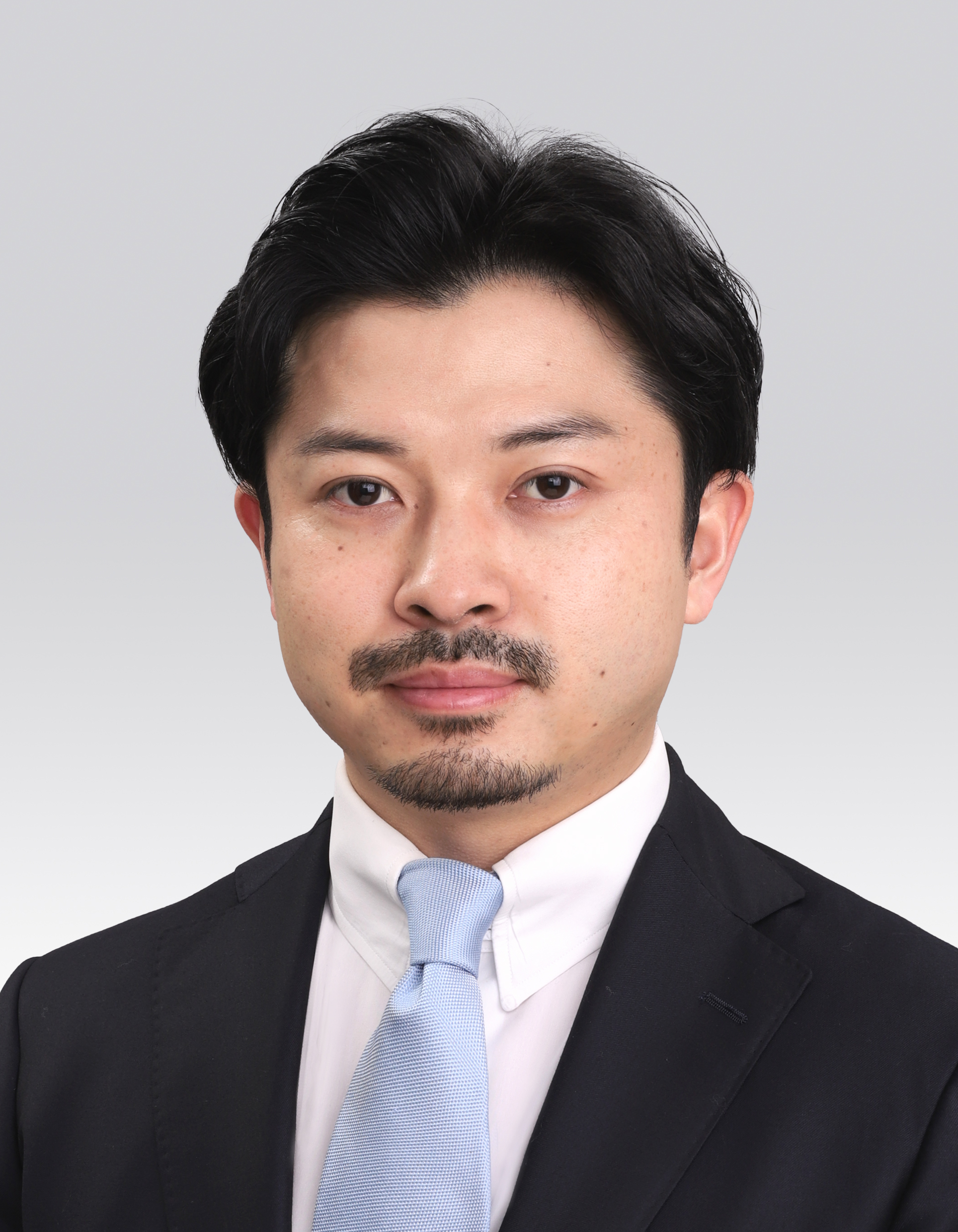
Koki SHIGENOI
Associated Researcher of RCAST, The University of Tokyo
Visiting Researcher, Interfaculty Initiative in Information Studies Graduate School of Interdisciplinary Information Studies, The University of Tokyo
Areas of Expertise:
